Content from the Brookings Institution India Center is now archived. After seven years of an impactful partnership, as of September 11, 2020, Brookings India is now the Centre for Social and Economic Progress, an independent public policy institution based in India.
This article first appeared in Live Mint. The views are of the author(s).
The rise in global nuclear disorder and its increasing disconnect from world order is epitomized in the nuclear weapon programmes of two weak and potentially failing states—Pakistan and North Korea. While both these countries might understandably perceive some advantage to having acquired nuclear weapons, the real beneficiary is China.
Beijing’s acts of commission and omission in enabling both these crises-instigating states to build nuclear arsenals pose twin threats to the post-Cold War nuclear order. First, the proliferation activities of these countries present an existential challenge to the tottering nuclear non-proliferation regime. Second, these actions in turn also challenge the status of the US as the traditional custodian of the nuclear order; by enabling two weak states to acquire nuclear weapons, the Washington-led regime has been thrown into disarray.
While it could be argued (as non-proliferation purists are prone to do) that New Delhi’s arsenal is equally culpable in creating nuclear disorder, India, as the world’s largest liberal democracy, the fifth largest economy, and a member of every existing and emerging global regime, has more stakes in upholding and enhancing the evolving liberal world order.
Besides, in the process of accomplishing the 123 agreement for civil nuclear cooperation with the US (and similar agreements with Canada, France, Japan, Russia and the UK), separating its military and civil nuclear facilities, and signing an additional protocol for inspection of its declared civil nuclear facilities with the International Atomic Energy Agency, not to mention attaining a hard-fought waiver from the Nuclear Suppliers Group, India has undergone a gruelling agni-pariksha to prove its commitment to upholding the non-proliferation regime.
To read more, please click here.
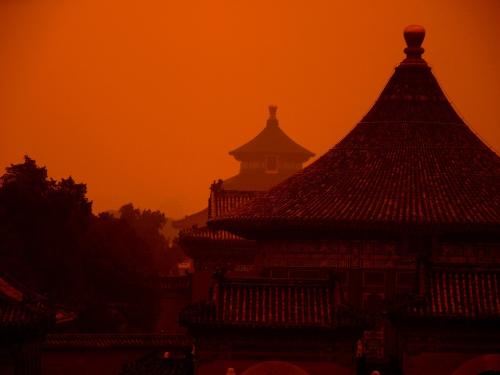
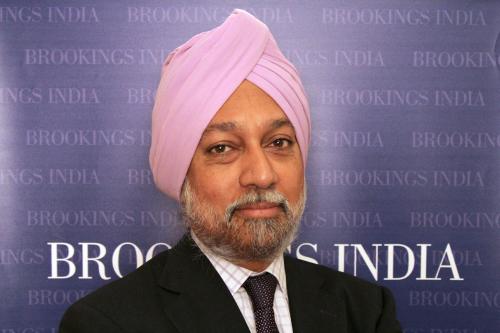
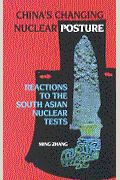
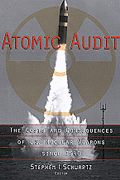
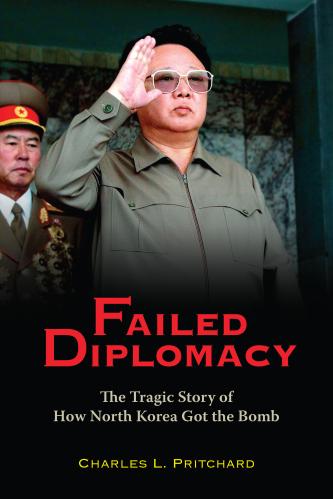



Commentary
Op-edChina benefits from nuclear disorder
March 27, 2017